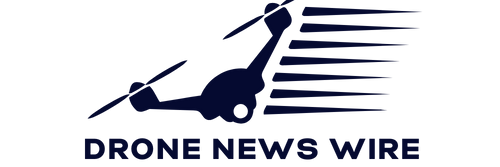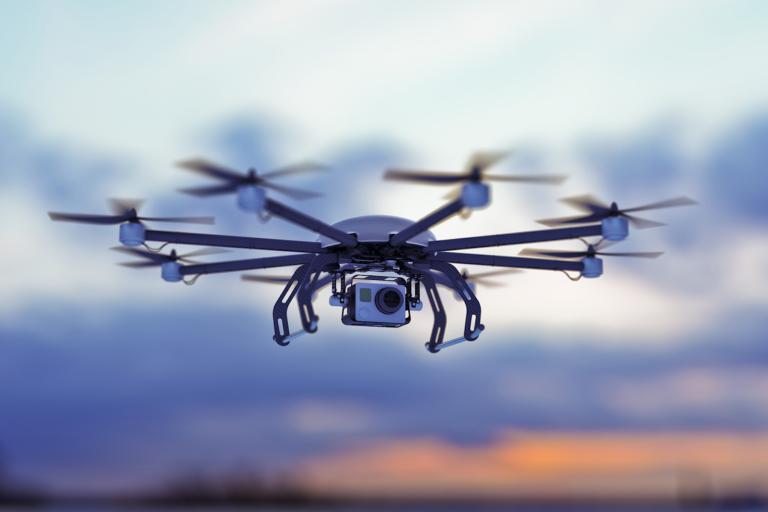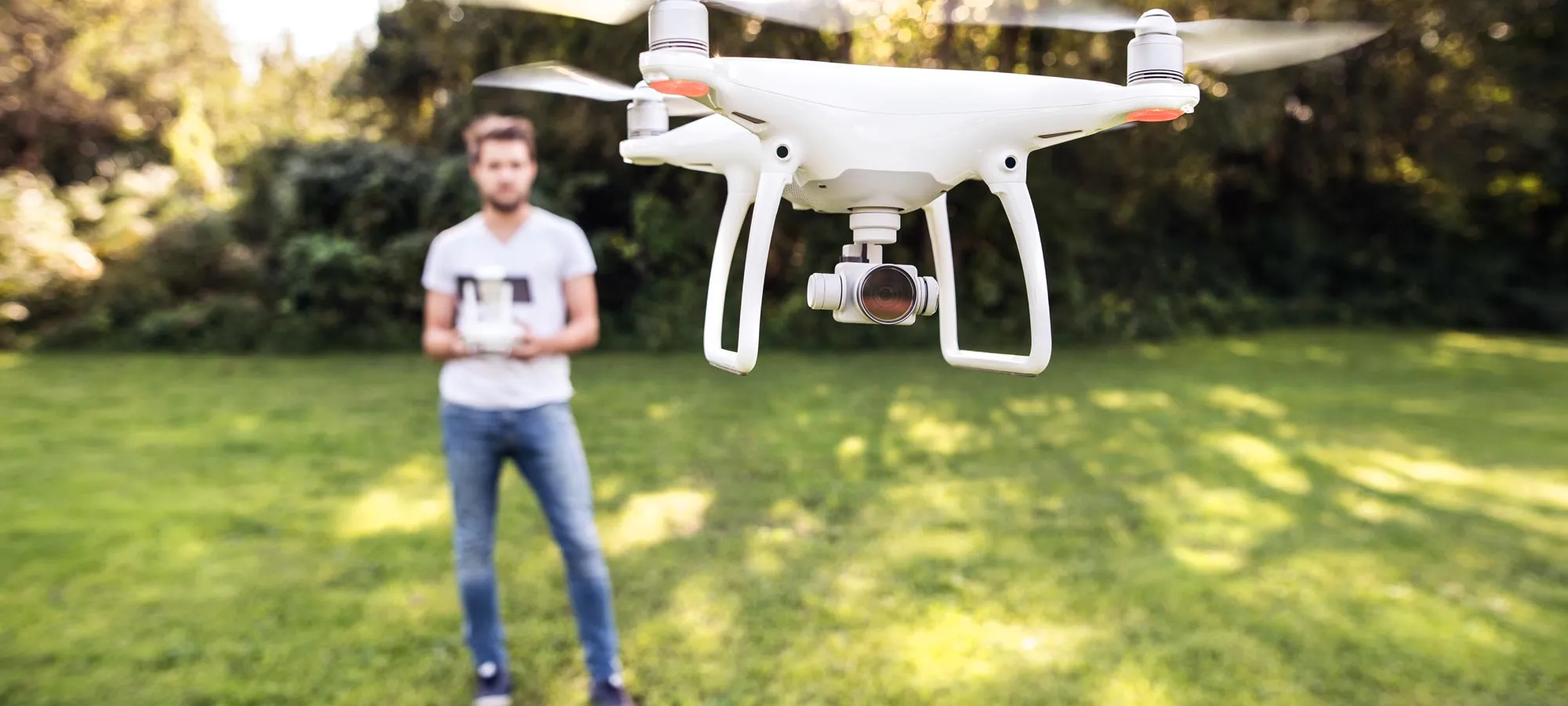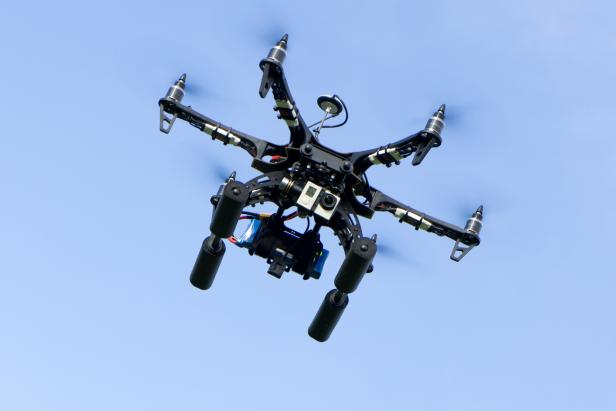
Are you ready to take your passion for flying to new heights? Look no further than the incredible world of drone piloting! Whether you’re a tech enthusiast, an aspiring filmmaker, or simply someone with an adventurous spirit, learning how to pilot a drone opens up endless possibilities.
This beginner’s guide will unravel the secrets of becoming a skilled and confident drone pilot. From mastering the controls to understanding regulations and safety measures, prepare to spread your wings and embark on an exhilarating journey through the skies as we dive into the thrilling realm of drone pilot training!
What is Drone Pilot Training?
Drone pilot training is how an individual learns how to operate a drone. This can be done through online courses, in-person classes, or a combination. Drone pilot training aims to provide the student with the skills and knowledge necessary to safely and effectively operate a drone.
Drone pilot training typically covers airspace rules and regulations, flight planning, weather patterns, and emergency procedures. In addition, most programs will include some hands-on flying time so that students can get comfortable with the controls of their drones.
After completing a drone pilot training program, students should be able to fly their drones in various settings and scenarios confidently.
Types of Drone Pilot Certifications
Pilot certifications for drones vary depending on the type of drone and its intended use. The Federal Aviation Administration (FAA) requires a Remote Pilot Certificate (Part 107) for commercial drone pilots.
To obtain this certification, pilots must pass an FAA-approved aeronautical knowledge test at an aviation testing center. The test covers airspace classification, weather factors, and flight restrictions.
Recreational drone pilots are not required to obtain a certification from the FAA. However, many states have laws and regulations regarding the operation of drones. Recreational pilots need to familiarize themselves with these laws before flying.
Several types of drone certifications are also available for pilots who want to fly drones for specific purposes, such as photography or filmmaking. These certifications are not required by law but may be necessary to operate certain types of drones or in certain areas.
Benefits of Drone Pilot Training
Assuming you are interested in becoming a drone pilot, formal training has many advantages. Here are some key benefits:
1. Earning a credential: Just like any other profession, having a certification or license can make you more attractive to potential employers. In the drone industry, this is particularly important given the rapid growth and evolving legal landscape. A credential can show that you have the skills and knowledge to operate a drone safely and legally.
2. Understanding the technology: Drones are becoming increasingly sophisticated, constantly adding new features and capabilities. While it’s possible to learn how to fly a drone without formal training, you’re likely to get more out of the experience if you have at least some basic understanding of the technology. This can help you troubleshoot problems, make better use of features, and understand the limitations of your drone.
3. Learning best practices: There are certain best practices that all drone pilots should follow, such as maintaining line of sight with your drone at all times and avoiding flying near airports or other restricted areas. Formal training will teach you these best practices to prevent problems down the road.
4. Networking opportunities: Taking a drone pilot training course allows you to meet other people interested in drones and learn from their experiences. You can make some connections that could lead to job opportunities.
Requirements to Become a Certified Drone Pilot
To become a certified drone pilot, you must meet a few requirements. First, you must be at least 16 and have a valid U.S. driver’s license. You must also pass a TSA background check and obtain a Remote Pilot Certificate from the FAA.
Once you have met these requirements, you can take the final step and become a certified drone pilot!
Drone Laws and Regulations
Before you start pilot training, there are a few key things to know about drone laws and regulations. First, the Federal Aviation Administration (FAA) regulates all air traffic, including drones.
This means that all drone pilots must adhere to FAA regulations. Secondly, drones must be registered with the FAA before they can be flown legally in the United States.
There are some restrictions on where drones can be passed. For example, drones cannot be flown near airports or other aircraft.
Now that you know the basics of drone laws and regulations, you can start training!
Tips for New Drone Pilots
As a new drone pilot, there are a few things you can do to make sure you have a successful and enjoyable experience. Here are some tips:
1. Research the type of drone you want to purchase. There are many different types of drones on the market, and it is essential to find one that suits your needs. Read reviews, compare prices, and look at additional features to find a suitable drone.
2. Familiarize yourself with the laws and regulations regarding drones in your area. Each country or state has different laws surrounding drones, so knowing what is allowed before flying your drone is essential.
3. Practice flying your drone in an open area away from people and buildings. This will help you get used to the controls and your drone’s behavior.
4. start slowly by flying your drone for short periods. As you become more comfortable with the controls, you can increase your time flying.
5. regularly check your drone for damage and perform necessary maintenance tasks. This will help keep your drone in good condition and prevent potential flying accidents.
Conclusion
We hope this beginner’s guide to drone pilot training gave you a better understanding of what it takes to fly safely and legally. Whether looking for recreational or commercial use, having the proper knowledge and certifications ensures your flights remain safe.
If you’re ready to take flight, contact us today at [insert link] so we can get started on your journey as a certified drone pilot.








